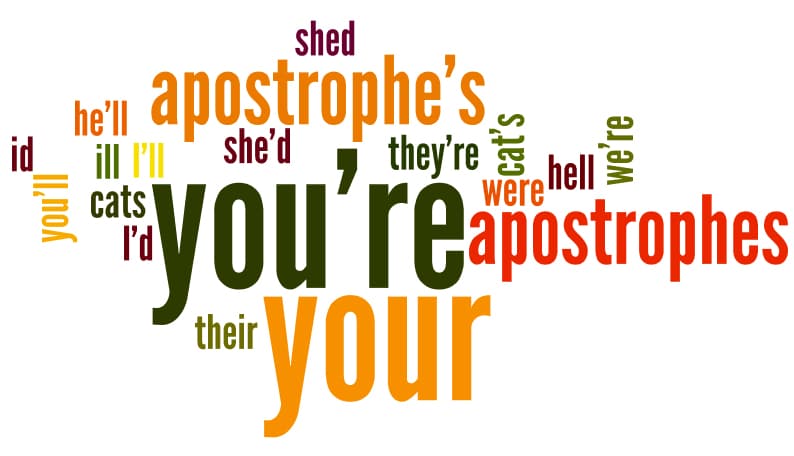Understanding Tense Usage in Academic Writing
One of the trickiest things in academic writing – particularly if English is not your first language – is the tense. It’s also one of the hardest mistakes to spot when you are reading through your own work before submission. This highlights the importance of correct tense usage, as even minor errors can significantly affect clarity.
Editors read academic essays day in and day out. Asking an academic proofreading agency to check your work can ensure that your content is matched by excellent presentation. However, there are a few basic pointers that can help you decide on the appropriate tense to use.
In a book, conventionally the present tense is used, so ‘Smith (1999) states that…’ or ‘Duncan (2002) argues …’ This is because, whenever you pick up the book or read the report, the arguments and discussion remain the same.
If you are reporting a study that has been completed, it should be in the past tense. For example, ‘Smith (1999) states that Garden’s study sample was diverse’ or ‘For this study, a detailed survey was carried out.’ The conclusions drawn from the study should be presented in the present tense, as their implications are ongoing. For example, ‘The results of the survey imply that…’
Occasionally, there is a need to use future tense in academic presentation, such as when outlining your research. For example, ‘In this study, we will be considering …’ or ‘This section will give details of…’
Understanding Different Types of Tenses
In academic writing, three main types of tenses are commonly employed: past, present, and future.
Past Tense: This is used for discussing completed research or historical events. It helps indicate that the study or event occurred before the present time. For instance, you might say, “The researchers found that…”
Present Tense: This tense is often used to describe current knowledge, theories, or universally accepted facts. When discussing the findings or arguments from literature, you might say, “Smith (1999) argues that…” This helps to connect the reader with the existing body of knowledge.
Future Tense: While less frequently used, the future tense is important for outlining forthcoming research or proposals. You might write, “This research will explore…” to indicate what is planned for future investigation.
As with all aspects of presentation, there is scope for variation in certain circumstances. Thus, above all, aim for consistency in your choices. Consistent tense usage not only enhances the readability of your work but also helps to reinforce your arguments. Familiarising yourself with these conventions and applying them thoughtfully will contribute to a clearer and more professional presentation of your ideas. Always review your work for tense consistency, and seek feedback from peers or professionals to catch any subtle errors that might have slipped through. Don’t underestimate the importance of correct tense usage.
Are you struggling with your tenses? We offer expert proofreading and editing services tailored to your specific needs. Our goal is to ensure your writing is polished, professional, and clear. Whether you’re working on an academic paper, business document, or any other written content, we will help refine your language and enhance the overall quality of your work.
Contact us today by visiting our website or giving us a call and see how we can help!
Additional Resources
Explore these further resources to enhance your understanding of related grammar topics:
- BBC Learning English – Grammar Tips
BBC Learning English offers grammar lessons that include tense usage, which are particularly helpful for academic writing and mastering consistent tense usage.
- Understanding Proper and Common Nouns
For a deeper understanding or a quick review of what proper and common nouns are, revisit our detailed guide on what is a proper noun and common noun.






